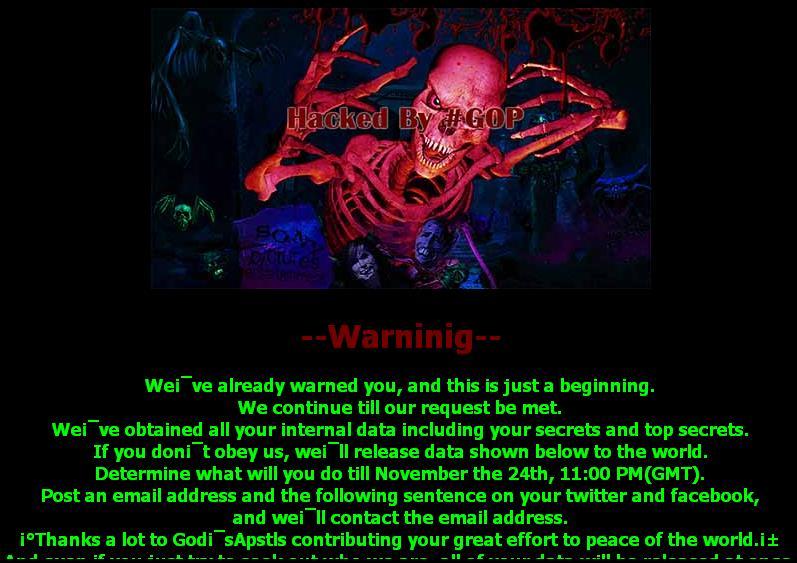As the World Wide Web turned 25 on March 12th, its founder Tim Berners-Lee, has launched a campaign for creating an “Internet Bill of Rights” that would codify once and for all the DOs and DONTs of the Internet. In true open source fashion, he called on the people of the world to generate such a digital statement of principles, which he hopes will eventually gain the support of the private and public sector alike.
March 12, 1989. The creation of the Web
Working at the time in a lone office at CERN, Berners-Lee couldn’t have imagined to what extent his proposal regarding the improvement of information flows would change human interactions. Since March 12, 1989, the Internet has become the symbol of the open, anarchic and community-driven project. Now, with more than 2 billion users worldwide, it has become clear that the laws guiding online relationships need to be revisited.
Following the shocking charges put forth by Edward Snowden’s leaks, which depict the extent of governmental agencies’ intrusion into the privacy of users, Berners-Lee started a movement called “the web we want”. The principles that he envisaged as forming the underpinnings of a future 2.0 Constitution, revolve around 5 key points:
- Affordable access to a universally available communications platform
- The protection of personal user information and the right to communicate in private
- Freedom of expression online and offline
- Diverse, decentralized, and open infrastructure
- Neutral networks that don’t discriminate against content or users
What kind of a Constitution?
Berners-Lee has repeated time and time again that his goal is to bring the Internet closer to the 60% of the world’s population that hasn’t yet been able to use it. Making access to the web a universal human right, safeguarded by the UN charter like some have proposed, would be one very welcomed step forward. After the Arab revolutions, the weaknesses and strengths of the web have become apparent. We witnessed how those democratic uprisings were organized using digital social communication platforms and how the challenged governments revealed that they have access to an on/off switch for the entire web. This should no longer be the case.
Freedom of expression, a right widely hailed as fundamental to the well functioning of all democratic societies has been extended to people living under authoritarian governments only via the power of the Internet. But, as reality has illustrated, unlimited freedom of expression has its own negative effects. Child porn or terrorism should not have the opportunity to spread to far corners of the globe through fiber optics cables.
Another strong case Berners-Lee makes is pushing for the decentralization of the Internet. The Internet Assigned Numbers Authority (IANA), which oversees IP address allocation, is regulated by the US Department of Commerce. In his words, “the US can’t have a global place in the running of something which is so non-national”, championing a multi-stakeholder approach, where governments and companies are kept at arm’s length. In a post-Snowden era, such an idea is more than necessary.
However, underneath some principles lurk contentious issues that could have a considerable impact on the way the Internet works and is regulated.
Take privacy for example. What Berners-Lee is essentially proposing goes against the ethos of several e-giants like Google and Facebook.
Arguing for increased transparency and more Internet privacy severely undermines the ad-driven business model used by such companies to increase their revenues. While this does not mean that stricter privacy laws are detrimental to the Internet as a whole, it raises the question of how innovative products and platforms could operate if they wouldn’t be allowed to make use of their users’ metadata. According to a Kinsey survey of 13 countries, the Internet accounts for 3.4% of GDP and 21% of GDP growth over the past five years, proving the paramount importance innovation has had in stimulating the world economy.
Nevertheless, all things considered, his appeal is a welcomed one. As the Internet is slowly becoming a parallel ecosystem, a digital expression of our offline world, it is only natural for it to develop a 2.0 regulatory charter.
It remains to be seen how this Bill of Rights will evolve and whether it will actually be enforced. With so many interests at stake, it is hard to believe that the global online community will be able to reach a consensus. Nevertheless, what better way to celebrate the web’s 25th anniversary, other than acknowledging that it is high time to ask the tough questions that have gone unanswered for so long?


